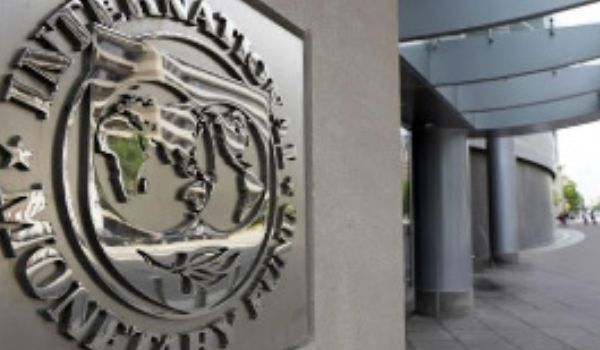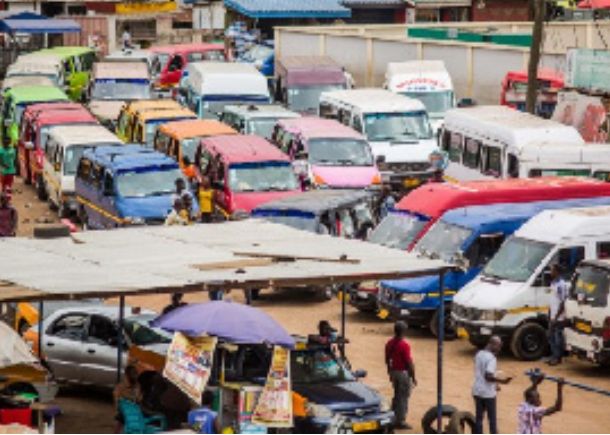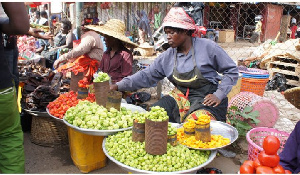IMF’s new lending facility to cushion member states from economic shocks

The facility, dubbed ‘The Resilience and Sustainability Trust (RST)’, becomes a third pillar of the Fund’s lending toolkit after the General Resources Account and the Poverty Reduction and Growth Trust.
It comes into effect on May 1, 2022, and aims to build a fund of at least $45 billion in resources to help build resilience against long-term risks to balance payments stability amongst member countries.
The facility seeks to provide policy support and affordable longer maturity financing of 20 years with a 10.5-year grace period.
The RST offers low-cost loans to developing countries with emergency currency or Special Drawing Rights (SDRs) that wealthy countries will contribute. It will strengthen the impact of IMF’s $650 billion SDR allocation implemented last year by channelling resources from economically stronger members to countries where needs are greatest.
In a statement on April 13, 2022, the IMF said about three-quarters of its country members will be eligible for RST financing, including low-income members as well as most middle-income countries and all small developing states.
“I am pleased to announce that the IMF’s Executive Board today approved the creation of a new Resilience and Sustainability Trust (RST) to come into effect on May 1, 2022,” said Kristalina Georgieva the Fund’s managing director.
“The Trust aims to help low-income and vulnerable middle-income countries address longer-term structural challenges that pose macroeconomic risks, including climate change and pandemics.”
The new lending facility provides an important way for wealthy countries to support developing countries struggling with the impacts of crises spurred by the pandemic and climate change.
“As the world is confronting consecutive global shocks, we must not lose sight of the critical actions needed today to ensure longer-term resilience and sustainability — and we can only succeed by working together,” said Ms. Georgieva.
“With the growing challenges that developing countries face and new global shocks from the war in Ukraine, we need more tools like this trust,” said Eric LeCompte, executive director of religious development group Jubilee USA Network and a United Nations finance expert.
In August the IMF created $650 billion in SDRs with about $230 billion going to developing countries and more than $400 billion to developed countries, according to IMF rules.
“The decision to allow developing middle-income countries to access the new trust recognises the significant difficulties these countries face,” Mr. LeCompte added.
“The new trust is a start, but we will need additional ways to donate Special Drawing Rights to developing countries that struggle to meet development goals and deal with health crises,” said Mr. LeCompte.





